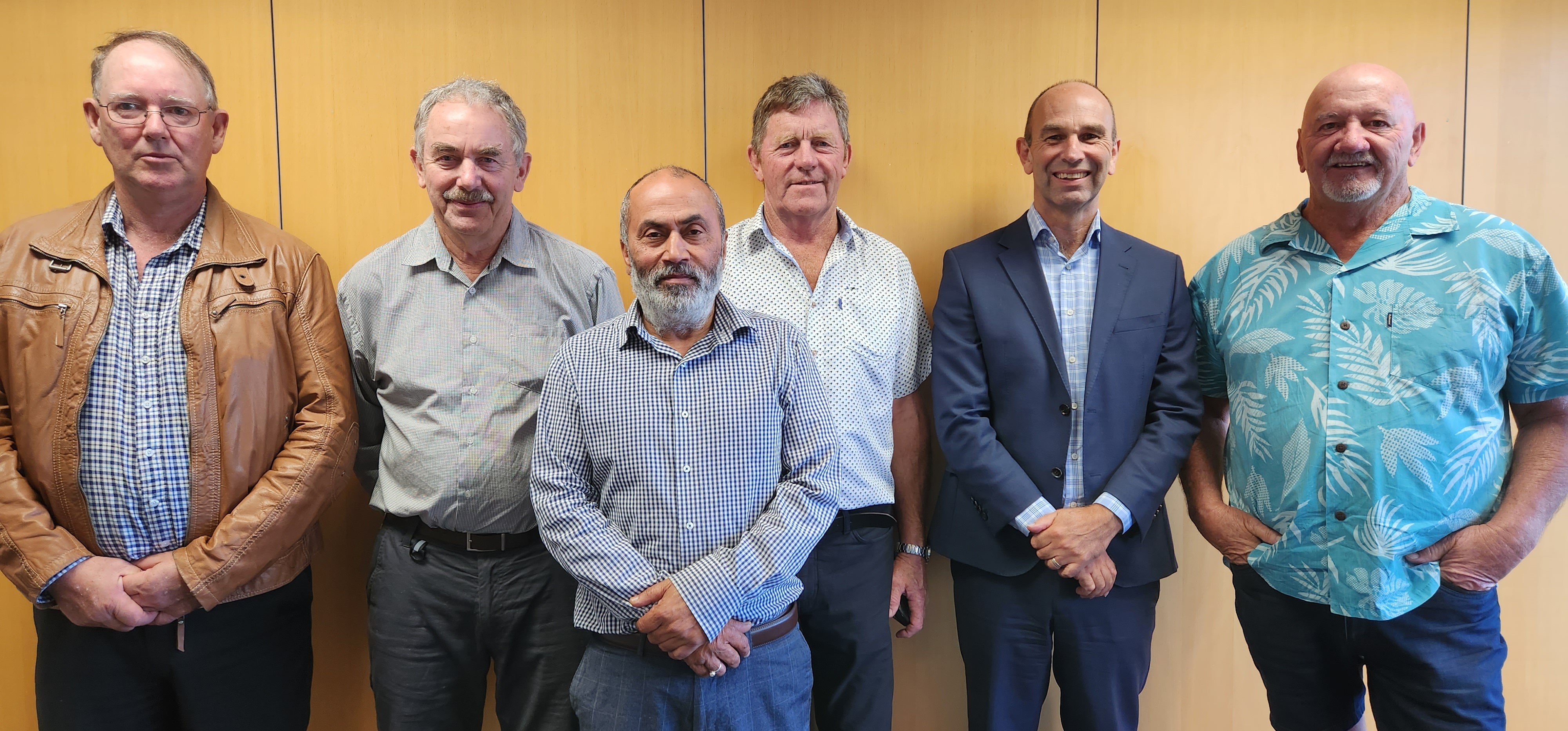Committee seeks significant improvements to transport network
13 Oct 2023, 8:50 AM
The Northland Regional Transport Committee has made a plea for significant improvements to Northland’s transport network in a submission on the Draft Government Policy Statement on Land Transport 2024 (GPS 2024).
In the submission, committee Chair Joe Carr says as a rural region Northland depends heavily on a fit for purpose, sustainable, resilient and secure land transport infrastructure, particularly its local and state highway roading network. He says the committee’s very much focussing on the back to basics of road maintenance.
“Without this, Northland will continue to fall behind the rest of the country in all four wellbeing areas (social, economic, environmental and cultural).”
Chair Carr says Northland’s roading infrastructure had suffered significant damage in the recent cyclonic weather events which had been exacerbated by continued heavy rainfall events.

The Northland Regional Transport Committee is, from left, Deputy Chair Cr John Blackwell, (Northland Regional Council) Chair Joe Carr, (NRC), Cr Ash Nayyar (Kaipara District Council), Cr Steve McNally (Far North District Council), Steve Mutton (Waka Kotahi) and Cr Simon Reid (Whangarei District Council).
The RTC recommended that government acknowledged increasing resilience is a high strategic priority for Northland and recommended work on SH1 through the Brynderwyns and the Mangamuka Hills be included as priorities - “and funded as such” - given they were vital to the regional economy and wellbeing.
The RTC also fully supported the inclusion of the State Highway Warkworth to Whangārei as a strategic priority, regarding it as important for improving Northland’s long term economic and social wellbeing.
Elsewhere in its submissions, while the RTC “acknowledges and applauds” government efforts to reduce carbon emissions, “it considers that for the immediate future, this would be best concentrated on the large urban areas where rapid wins can be achieved in the short to medium term”.
“Consideration should also be given to the high cost of maintaining trucks and cars for the users due to the poor state of roading in Northland.”
Chair Carr says the number of crashes resulting in deaths and serious injuries in Northland were disproportionate with national averages and continued to increase.
On the funding front, the RTC noted that the GPS 2024 stated there would be a 34 percent rise in available funds from the 2021/22 to 2023/24 period to the 2024/25-2026/27 funding period.
“When a 25% inflationary increase in costs linked to the transport construction and services sector over the past three years is taken into account, along with future anticipated inflationary pressures, the question must then be asked, is there in fact an increase in available funding overall?”
“While the RTC supports the general direction of the draft GPS, it has serious concerns around whether the strategic priorities will be delivered upon given the lack of certainty over the ability to secure the levels of funding allocated and the lack of a coherent plan for what the transport system should look like in 30 years’ time.”
Among other projects critical to Northland’s transport infrastructure requirements were:
- The Marsden Pt port, which needed to be linked to the nation’s road and rail network and to Ports of Auckland
- Whangārei Hospital which was undergoing a $1 billion upgrade, but that funding did not include an additional $60M to urgently upgrade and expand associated roading
- SH1 Whangārei/Bay of Islands/Far North. “The condition, alignment geometry and the lack of passing lanes of this road is most unsatisfactory given the essential purpose of this high trafficked linkage between Whangārei and the Far North District’s most populous area.”
Chair Carr says the RTC’s submission was made in the interest of achieving a regional land transport system “that is resilient, secure, fit for purpose (and) that leads to reduced deaths and serious injuries, improved freight and passenger connections, lowered emissions, increased transport choice and improved integrated transport planning”.
